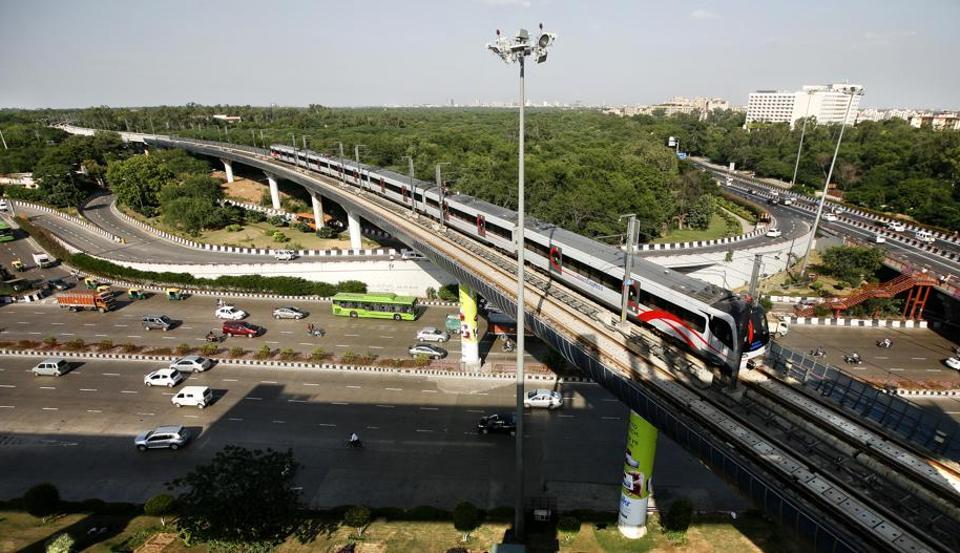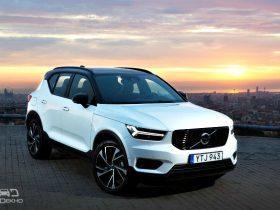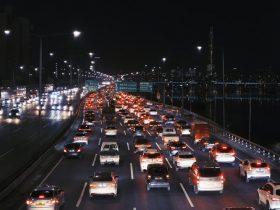Por Gulshankumar Wankar
India could save up to Rs 3.9 lakh crore ($60 billion) in 2030, if the country switches to greener mobility solutions such as public transport, electric vehicles and car-pooling, according to a report by government think tank NITI Aayog.
“India’s current mobility system reflects many of the underlying properties of the emerging mobility paradigm. India could leapfrog the conventional mobility model and achieve a shared, electric and connected mobility future by capitalising on these existing conditions and building on foundational government programmes and policies,” the report “India leaps ahead: Transformative mobility solutions for all” released on Friday said.
The report is based on a workshop convened by NITI Aayog and a US-based think tank Rocky Mountain Institute (RMI) in February when 75 executives from public and private sectors discussed ways to decongest the present public mobility by designing a sustainable model for the next 15 years.
It said India could save 64% energy in 2030 by shifting to shared electric mobility. The subsequent drop in petrol and diesel consumption would be 156 million tonnes of oil equivalent (MTOE) or 1.8 tera watt-hour energy — enough to power 1,796.3 million homes in the country.

Also, by pursuing a future powered by electric mobility, carbon dioxide emissions would drop by 37% in 2030, the report said. It also suggested ways of reducing carbon footprint by measures such as limiting registrations of petrol and diesel vehicles by incorporating a lottery system; a system prevalent in China.
Power minister Piyush Goyal had already announced in April to have an all-electric car fleet in India by 2030. “The idea is that by 2030, not a single petrol or diesel car should be sold in the country,” he had said.
Inadequate public transportation facilities in major cities has also prompted more and more private vehicles sales in the country. In FY2017, roughly 17.7million bikes and scooters were sold in India, making it the largest two-wheeler market on the planet. That’s over 48,000 vehicles per day.
With cities growing faster than the infrastructural development, more traffic congestion and subsequent pollution has called for urgent measures like car pooling as mentioned in the Niti Aayog – RMI report.
UberPOOL, a ride-sharing service introduced in 2015 by cab-aggregator Uber in Bengaluru, saved over 32 million vehicle-kilometres, 15 lakh litre of fuel and reduced 35 lakh kg CO2 emissions, the report highlights. The service is now available in major cities across .
The study further recommends policy changes such as “mobility-oriented development” of towns and cities by focussed local civic bodies, introduction of zero-emission vehicle credits to incentivise electric and hybrid-energy mobility, setting up a grid for ubiquitous and affordable EV charging, and encourage makers of battery cell technology and electric mobility ancillary industries.



















